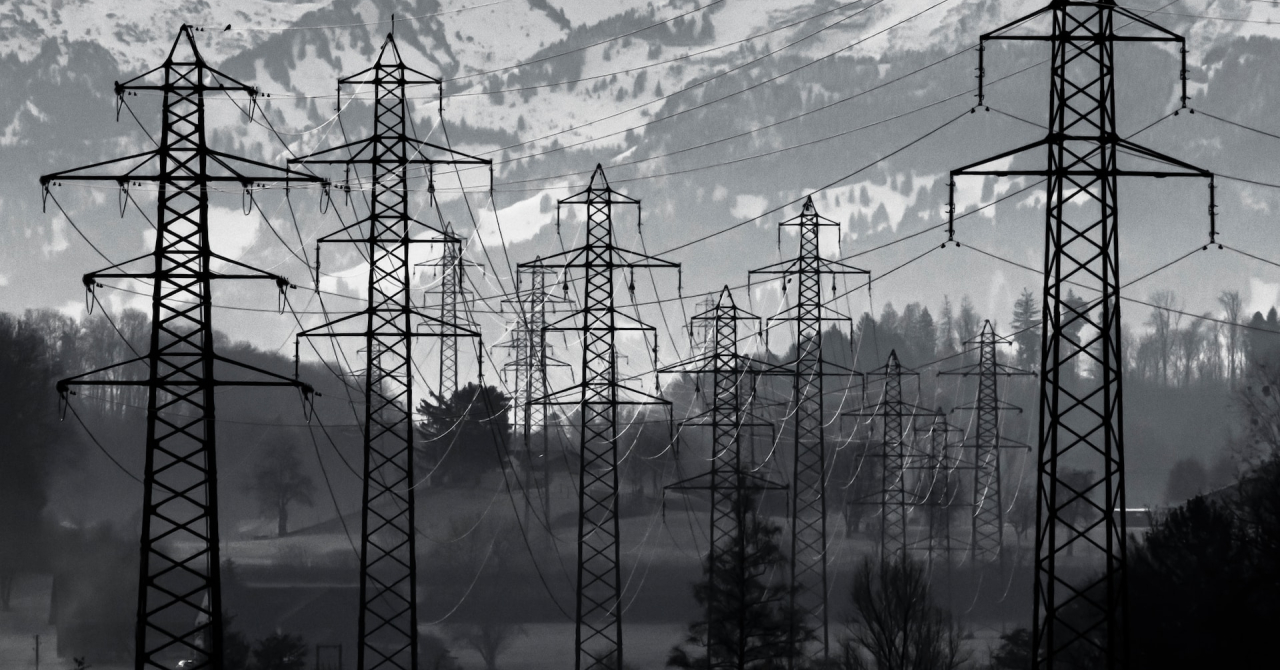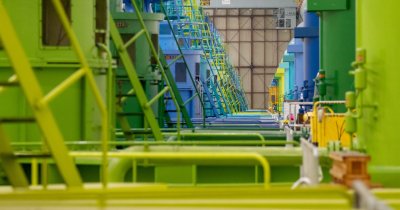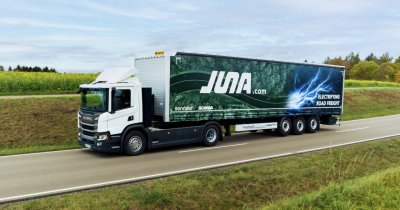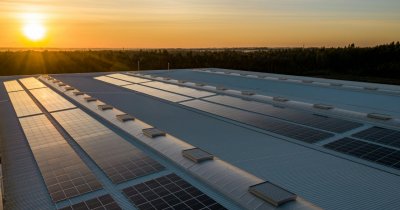Romania's Energy Minister, Sebastian Burduja, answered those questions at Climate Change Summit, an event that took place in Bucharest on the 19th of October.
"Romania has a great chance to be positioned in an optimal spot to benefit from this energy revolution", says Sebastian Burduja, adding that the country's energy mix is very diverse. Hydro power is one of its main energy sources, covering a third of the nation's power, while the nuclear reactors at Cernavodă cover an additional 20%.
The members of the Energy Ministry are focusing on retrofitting the nuclear reactors and finalizing units 3 and 4 to supplement the flow of nuclear energy, considered by some experts to be green energy.
The first such modular reactor which will be installed in Romania is to be implemented in Doicești, a town north of Târgoviște. Six modules will make up an entire plant there and this stage received 254 million USD in funding. The benefits aren't only for the energy sector, though, as 2.000 jobs will be created, but also 4 million tons of CO2 emissions will be avoided every year.
Green energy in Romania, a Western vision
As per the Minister of Energy, compared to other countries in Eastern Europe, Romania had the vision back in 1970 to adopt a Western type of nuclear power, more specifically from Canada. One of the main advantages of the CANDU reactors, used at Cernavodă, is that they can be refueled while running, so that the flow of energy doesn't stop during the process.
Another advantage Romania has an one mentioned by Sebastian Burduja is that there is a generous budget that the authorities have at their disposal when it comes to modernize the energy grid, 18 billion euros to be exact.
Solar and wind power are two forms of renewable energy that show great interest in Romania, with the targets claimed in front of the European Union being of 950 MW of cumulated installed power.
"Based only on the requests we had so far and we received 742 applications, we believe we will hit 3.500 MW, much more than we initially thought and this means, in fact, training private funds", the Minister of Energy in Romania added.
Prosumers are a key component in the energy transition
As per representatives of ANRE (Autoritatea Națională de Reglementare în Domeniul Energiei), in Romania, there were 14.000 prosumers back in 2022, while in June 2023, there were 77.000. By the end of this year, ANRE members estimate there will be 140.000 prosumers in Romania and they will need a stable energy grid to handle the flow of energy. Sebastian Burduja mentions that the estimates by the Ministry of Energy show that, by the end of 2025, Romania could have 236.000 prosumers, while by the end of the decade, there will be about 350.000.
"There already are areas in the country where the energy grid has issues, there are voltage differences and these are some of the things that other states also encountered. We now have to make sure that we will avoid these issues in return", the Minister mentions.
Transelectrica is the company that has been named to retrofit the transport and distribution electricity grid in Romania, in order to allow as many prosumers and green power sources to inject electricity in the national system.
"There already are 9 projects that we approved for Transelectrica, which cumulate to one billion RON, with other projects cumulating to one billion euros, where there are 35 contracts that focus on the specific areas where there is a great increase in the numbers of prosumers", Sebastian Burduja added.
Storage, another important element in the transition
Although energy storage systems are still quite expensive, especially batteries, Romanian authorities encourage energy storage and focus on this solution to stabilize the grid, as well as to optimize the production of renewable energy.
Romania also has such an ongoing project dating back to some decades ago, called Tarnița-Lăpuștești, which recently got a new feasibility study and which could store anywhere from 500 to 1.000 MW of power.
There are a few ways we can store our energy in an eco-friendly manner, hydro batteries being one of them.
This would also create some jobs for local communities, which means that gravitational battery projects would also help the global economy.
With 31 large mines closed or still operational, Romania would have a significant underground energy storage capacity, should it be put to work properly.
 Mihai - Cristian Ioniță
Mihai - Cristian Ioniță












Any thoughts?